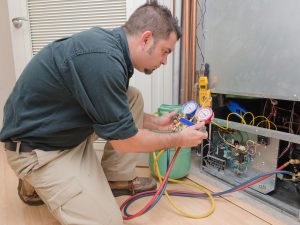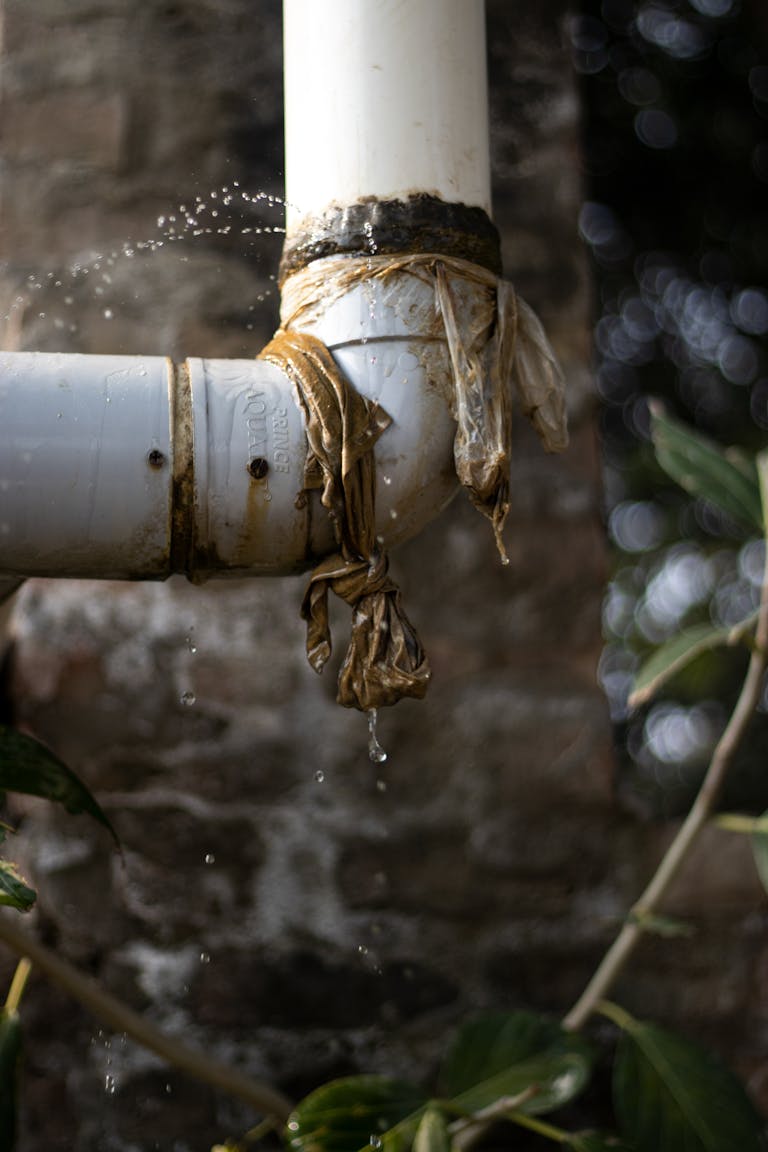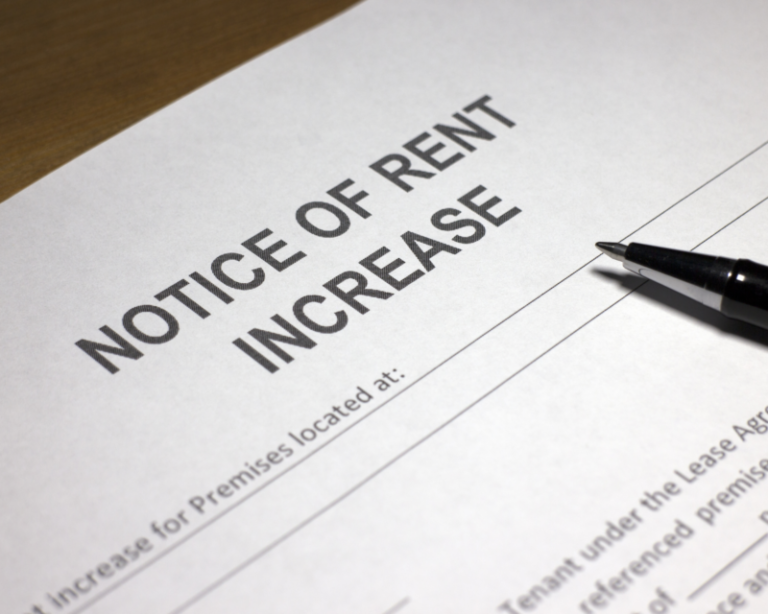Just like your home, a rental property requires upkeep and outgoing expenses like mortgage payments, taxes, insurance, utilities, and regular maintenance. In our post, ‘Is Your Investment Property Rent Ready or Sell Ready? What’s the Difference?’, we mentioned how rental properties require more upkeep due to the increased wear and tear. Certain aspects of the home, like its flooring, have legally mandated life-spans that would require it to be replaced within an allotted number of years no matter its condition. A great rule of thumb is to always have at least one to two months of rental value tucked away for routine and unexpected maintenance issues. Below, we’ll go over some of the most common expenses a landlord will incur and what expenses are tax-deductible!
Regular Maintenance
Routine and Seasonal maintenances are aspects of a rental property that will need to be planned for and something that homeowners should budget accordingly to keep their properties in good shape and tenants happy. Routine maintenance costs are easy to budget for as they include set costs that you will pay every month (HVAC tune-ups). If your property has a yard, certain aspects like specialized landscaping, gutter/roof cleaning, and tree removal service should be considered during the maintenance planning and unless specifically noted in the lease, are owner responsibility.
Seasonal Maintenance
Seasonal maintenance will vary depending on the type of property you own and is largely made up of exterior aspects. As a landlord, you’re responsible for things like tree pruning (to keep vents clear and avoid potential limb damage), chimney cleaning, and gutter cleaning to list a few. In most of North Carolina, waterlines and outside faucets will also need freeze protection or winter drainage. It’s best to budget for small expenses now to help avoid major ones in the future. This is why in their winter maintenance checklist, Better Homes and Gardens notes how winterizing your plumbing will avoid costly repairs down the line. Apart from winter, there are also maintenance expenses you should budget for every season, as certain issues can only be detected during certain conditions. For example, a patchy melt on a snow-covered roof could mean you need better insulation. Therefore, try and follow this ‘Home Maintenance Checklist and Tips’ post by Marcus which outlines some of the seasonal issues you will be faced with. These include things you should do every season like checking the roof and gutters, ensure outdoor vents are clear and maintain heating and cooling systems.
Emergency Repairs
While emergency repairs will be mitigated to a certain extent by your regular and seasonal maintenance, it’s still wise to set aside a budget for when something does go wrong. Under North Carolina Landlord and Tenant Duties the landlord is responsible for all repairs, including electrical, plumbing, sanitary, heating and other facilities and appliances, to protect your tenant’s right to a habitual environment. Depending on the season some emergency repairs will be more crucial and have to be done within a reasonable time (depending on the type of emergency), for instance when heating systems break down in the dead of winter or when a pipe bursts in the middle of the night.
HVAC and Appliance Maintenance

Which Costs Are Tax Deductible?
For tax purposes, landlords are allowed to deduct only ordinary and necessary expenses that are common and accepted within the specific industry, from their maintenance and repair costs. The Balance Small Business guide to landlord tax deductions gives the example where a landlord hires a contractor to fix a roof leak. Be aware, however, that maintenance and repairs have to be defined as such and be made to provide a habitable environment for your tenant and not for the improvement of the property. The IRS regards improvements as adding value to the property. Therefore, they are not tax-deductible; instead, they must be capitalized and depreciated over their useful life.
This article was specially written for movezen360.com
By Jenna Bane












